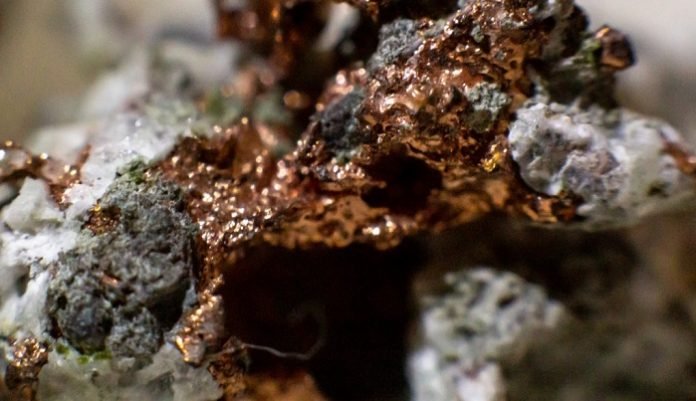
In a new study, researchers found 700 million years ago, copper was as important as oxygen in helping the earliest animals live and spread.
The research was conducted by geologists from the Universities of Aberdeen and Glasgow.
Copper is an essential building block of life. It can create proteins crucial in helping early animal life develop respiratory systems.
Previous studies have analyzed geological records and found that copper level in the environment raised dramatically at the same time as the first animals started to emerge.
At the Neoproterozoic period when the first multicellular life began to emerge, the oxygen level in the environment was quite low.
During that time, copper might play a big role in helping early animals like jellyfish and sea sponges alive, according to the researchers.
In the current study, the team discovered a dramatic increase in the availability of copper during this period.
They found across the planet, magmas from deep in the Earth brought copper-bearing volcanic rocks to the surface.
This happened about 800 million years ago. The rocks released abundant copper into the environment, just as early animals start to appear.
The copper was used by ancient animals to gain strength to support themselves and to breathe oxygen from the air.
The animals could breathe air by making compounds called copper proteins. It was interesting because the oxygen helped the rocks release copper into the environment, which in turn helped early animals breathe oxygen.
The findings may explain why the earliest animals emerged from Africa. Africa has some of the biggest copper ore deposits in the world.
The lead author of the study is Professor John Parnell, from the University of Aberdeen’s School of Geosciences.
The study is published in Scientific Reports.
Copyright © 2019 Knowridge Science Report. All rights reserved.



